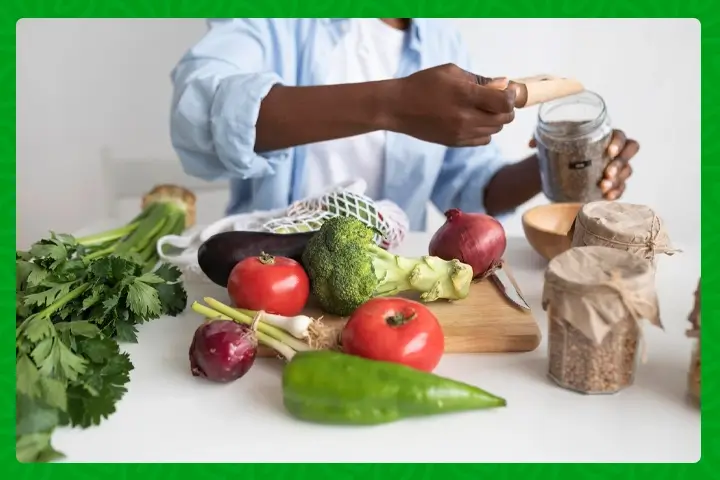
In the intricate web of global challenges, one concern stands out as a linchpin for public health, economic stability, and social development—food safety. This critical issue goes beyond individual health, reaching into the very fabric of our national security and economic prosperity. In this era of interconnectedness, it’s high time we elevate the discourse on food safety, transcending mere regulatory conversations and embedding it into the heart of our national consciousness.
The Unseen Threat: Food Contamination and Its Ripple Effects
The impact of unsafe food is far-reaching, causing not only immediate health concerns but also posing threats to economic development. Recent incidents of contaminated food in schools highlight a concerning trend. It’s time to shift the narrative from being incident-driven to a sustained, national conversation on food safety.
Encouragingly, the progress of the Food and Feed Safety Control Coordination Bill (National Assembly Bill No. 21 of 2023) in Parliament signals a step towards a robust legal framework to ensure food safety in our nation.
The Socio-Economic Nexus: Food Safety and Productivity
Food safety isn’t just a regulatory box to tick; it’s a cornerstone for productivity and, consequently, food security. According to the World Health Organization (WHO), unsafe food results in 600 million cases of food-borne diseases annually, causing 420,000 deaths. Children under five years old bear 30 percent of these fatalities. The economic loss is staggering, with an estimated 33 million healthy years lost each year due to unsafe food consumption.
A Call to Action: Three Pillars for a Safer Food Future
1. Education and Training: Empowering Stakeholders
Investing in food safety training is pivotal. From farmers to food companies, knowledge about identifying hazards, adhering to safety standards, and ensuring safe packaging is essential. Collaboration with food delivery services demands stringent standards to avoid contamination. Education is the key to empowering farmers to use safe pesticides, store produce safely, and monitor water quality for irrigation.
2. Legislative Reinforcement: Strengthening the Legal Arsenal
While the National Food Safety Policy of 2021 aims to harmonize standards and regulations, legislative bodies need to allocate sufficient resources to oversight and regulatory bodies. Stronger laws and policies are essential to curb food adulteration and prevent corruption that jeopardizes public health. Stakeholders must actively engage lawmakers to fortify legal frameworks.
3. Embracing Technology: The Future of Food Safety
In an era dominated by technology, its role in food safety cannot be overstated. Companies like Unga Group are leading the way, investing in cutting-edge quality assurance systems and advanced food safety laboratories. Adopting food tech systems, including Smart Packaging, Food Authentication technologies, high-pressure sterile processing, and Artificial Intelligence quality control, will revolutionize the way we ensure food safety.
Towards a Sustainable Food System: A Collective Responsibility
As the Food and Agriculture Organization of the United Nations advocates for a sustainable food system (SFS), we must collectively commit to delivering food security and nutrition without compromising our economic, social, and environmental foundations. Only through a united effort can we navigate the complexities of our modern food landscape, securing not only our present but also the well-being of generations to come. The time to act is now—let’s safeguard our future by fortifying our commitment to food safety standards.
The original article written by SYMON BARGUREI
Stay updated with the latest farming tips and agriculture industry news from Africa by subscribing to our newsletter. Don’t miss out on valuable insights and updates. Follow us on Twitter, LinkedIn, and Facebook to join our farming community and stay connected with us.



















